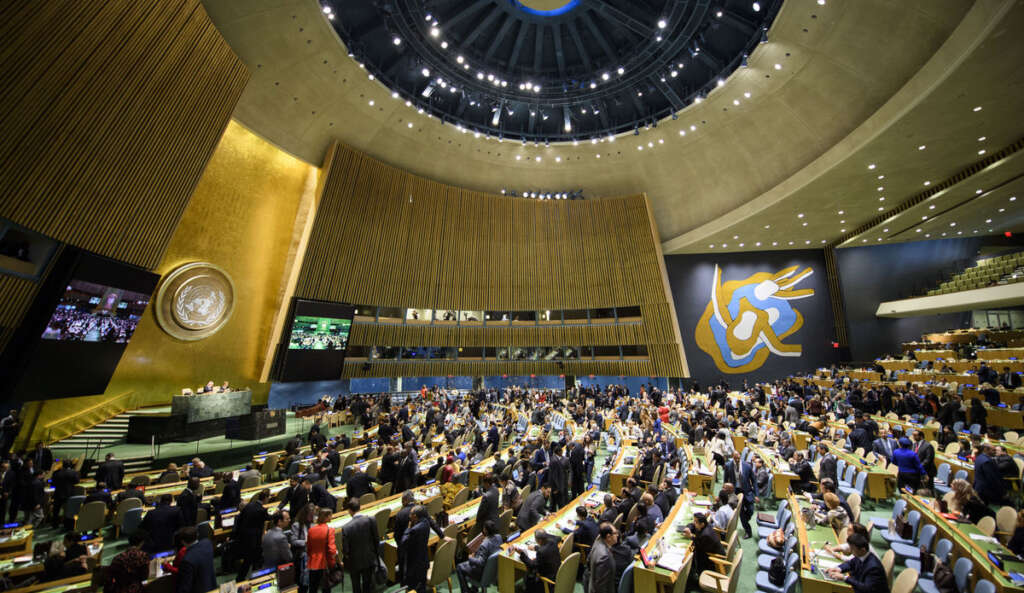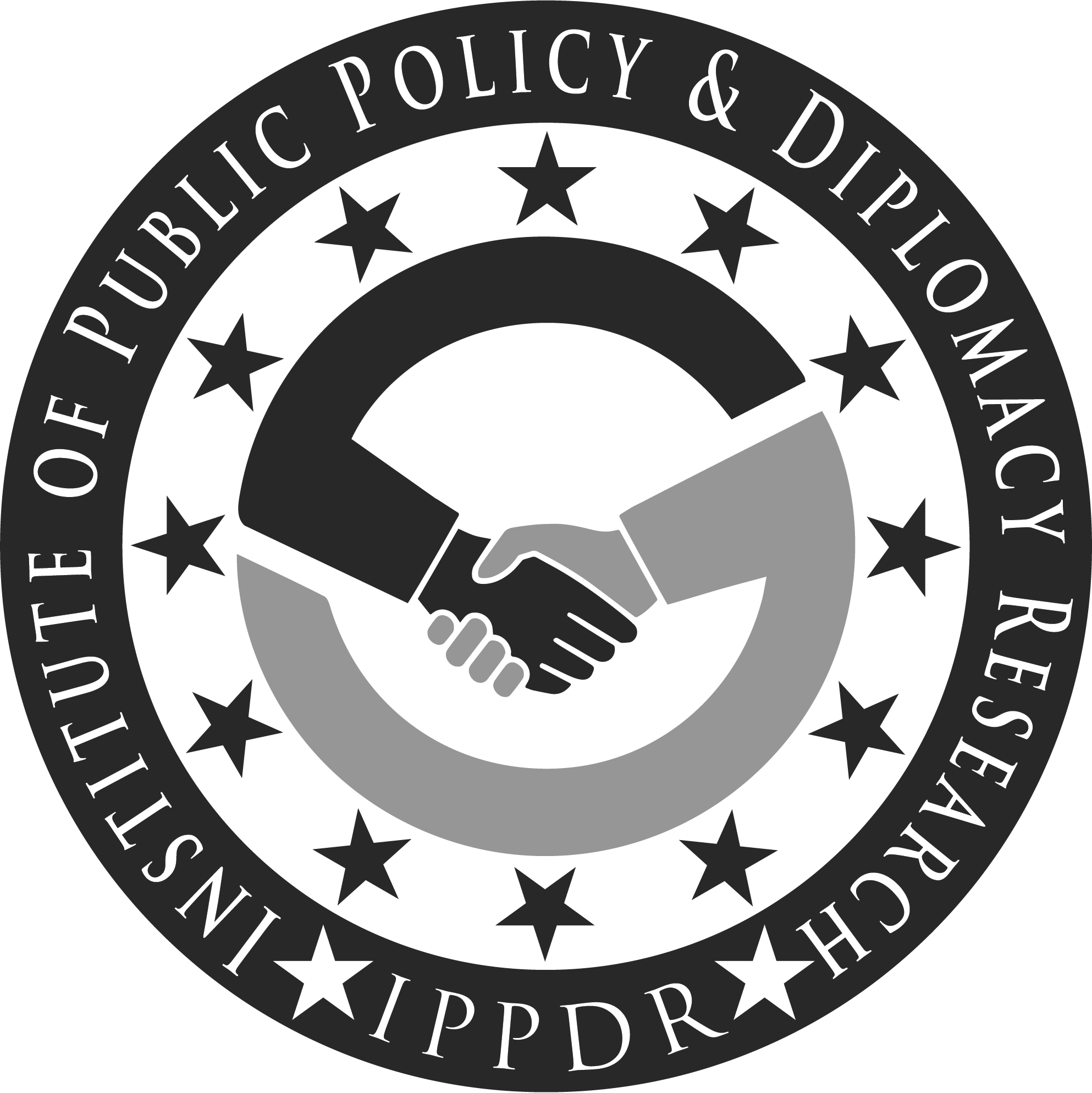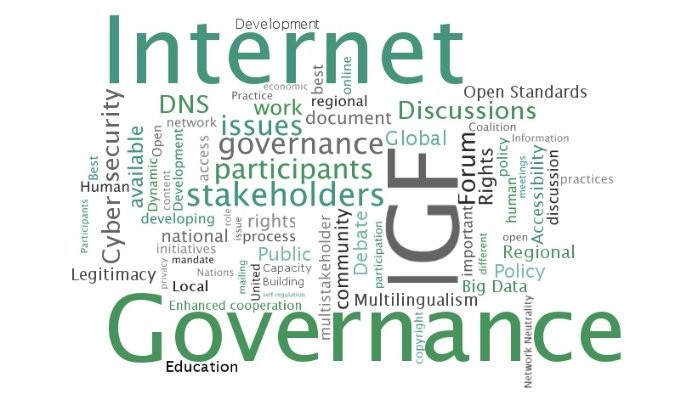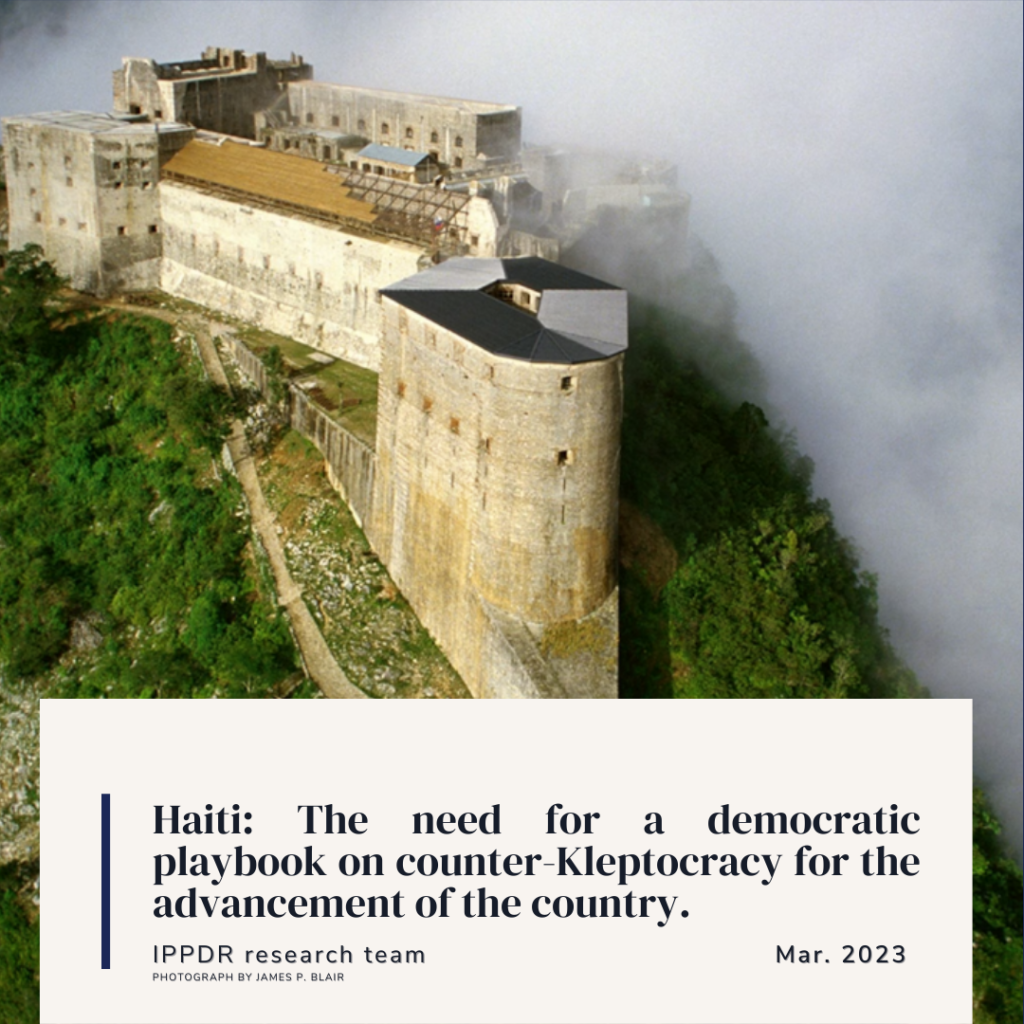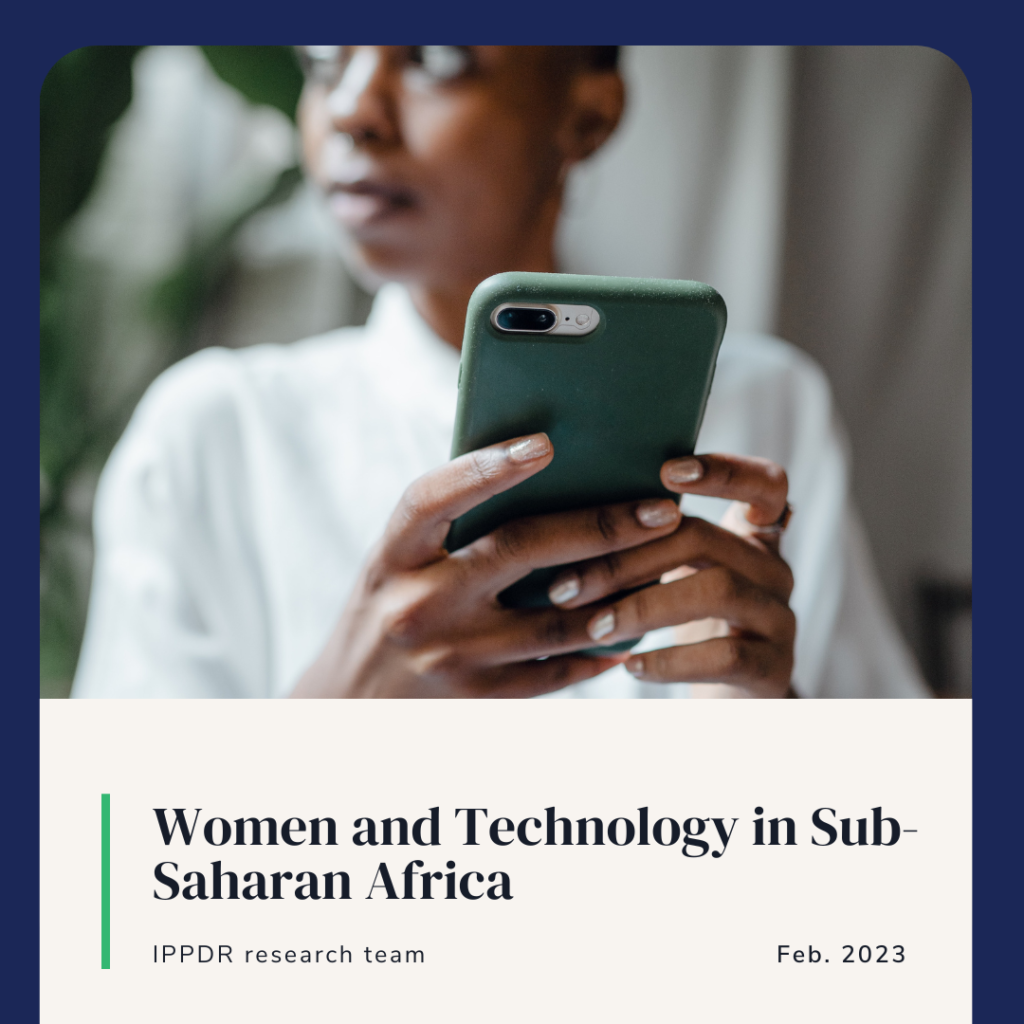-
The United Nations General Assembly: A Global Forum for Diplomacy and Cooperation
Introduction The United Nations General Assembly (UNGA) stands as a beacon of hope in a world marked by diverse challenges, conflicts, and opportunities. Established in 1945, the UNGA is one of the principal organs of the United Nations, embodying the spirit of international collaboration and diplomacy. This article delves into the significance, functions, and impact…
-
Human Rights: A Fundamental Pillar of a Just Society
Human rights are the bedrock of a just and equitable society, serving as a shield to protect the inherent dignity and worth of every individual. These rights, often enshrined in national constitutions and international treaties, are universal and inalienable, applying to all people regardless of their background, nationality, or circumstances. The concept of human rights…
-
Human Rights and the Sustainable Development Goals (SDGs)
Human rights and the United Nations Sustainable Development Goals (UNSDGs) are closely intertwined, with human rights principles serving as a foundation for the achievement of the goals. 146. The UNSDGs are grounded in international human rights documents, including the Universal Declaration of Human Rights (UDHR) and related Covenants, Conventions, Protocols, and Declarations26. More than 90% of the…
-
The Sustainable Development Goals
The Sustainable Development Goals (SDGs) are a set of 17 goals adopted by the United Nations (UN) in 2015 to end poverty, protect the planet, and ensure peace and prosperity for all[1][2][4][6]. The goals are a call to action by all countries, developed and developing, in a global partnership[4]. The SDGs are integrated and recognize…
-
Navigating Internet Governance: Addressing Global Challenges and Pursuing Sustainable Development Goals
The Internet has become an essential tool for achieving sustainable development goals (SDGs). The United Nations (UN) recognizes the importance of the Internet in achieving the SDGs and convenes the Internet Governance Forum (IGF) annually to bring together stakeholders to discuss current and emerging Internet governance issues, as well as related opportunities and challenges in…
-
Navigating the Digital Geopolitics: A Closer Look at China and the USA
In today’s interconnected world, digital geopolitics has become an increasingly prominent arena for global power struggles. As two major players in this landscape, China and the USA are at the forefront of shaping the future of digital governance, technology, and international relations. Let us delve into the dynamics of digital geopolitics between these two nations…
-
Biogenetic Engineering for Sustainable Development
A case study conducted by Cases and de Lorenzo in 2005 highlighted the use of genetically modified Pseudomonas putida to break down Polycyclic Aromatic Hydrocarbons (PAHs) present in crude oil with the objective of cleaning faster an environmental disaster of oil spill in Spain. The genetically modified bacteria were found to break down the PAHs…
-
Haiti: The need for a democratic playbook on counter-Kleptocracy for her advancement
Haiti has a long history of political instability and corruption, which has hindered the country’s progress and development. In recent years, there has been a growing recognition that the fight against corruption and kleptocracy is essential for building a stable, prosperous, and democratic Haiti. To achieve this, Haiti needs a democratic playbook on counter-kleptocracy. What…
-
Women and Technology in Sub-Saharan Africa
Empowering women in technology is essential for the progress of Sub-Saharan Africa. According to the International Telecommunication Union, the gender gap in internet use is highest in the least developed countries, where women are 33% less likely to have access to the internet than men. Additionally, women in Sub-Saharan Africa often face unique challenges in…
-
Private Sector’s Role in Achieving the 2030 Agenda
Human rights advocates typically use moral arguments to advance the belief that “All human beings are born free and equal in dignity and rights” (United Nations, 1948, Art. 1)[1]. Yet, human rights advocates’ ability to effectively inspire universal respect for international agendas, like the Sustainable Development Goals (SDGs), through moral rhetoric assumes that: (a) individuals/corporations…

